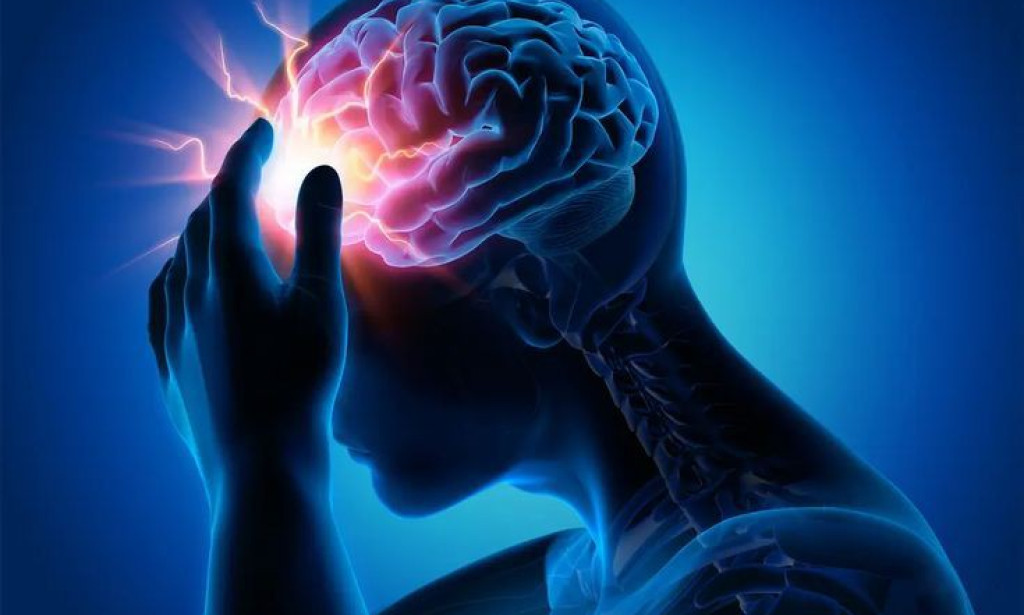Migraines can be debilitating, but there are effective ways to manage and prevent them. Here are 10 strategies to help you stop migraines in their tracks or reduce their frequency:
1. Identify and Avoid Triggers
Common migraine triggers include certain foods (like chocolate or aged cheese), caffeine, alcohol, stress, and changes in sleep patterns. Keep a migraine diary to identify your specific triggers and avoid them.
2. Stay Hydrated
Dehydration is a common trigger for migraines. Aim to drink at least 8-10 glasses of water daily to stay hydrated.
3. Follow a Regular Sleep Schedule
Irregular sleep patterns, including too much or too little sleep, can trigger migraines. Try to maintain a consistent sleep schedule by going to bed and waking up at the same time every day.
4. Manage Stress Effectively
Stress is a major migraine trigger. Practice stress-reducing techniques like meditation, yoga, deep breathing, or mindfulness exercises to lower your overall stress levels.
5. Eat Balanced Meals on Time
Skipping meals can lead to low blood sugar, a potential migraine trigger. Eat regular, balanced meals, and include healthy snacks if necessary to maintain stable blood sugar levels throughout the day.
6. Exercise Regularly
Regular aerobic exercise, such as walking, swimming, or cycling, can reduce the frequency and severity of migraines. Exercise releases endorphins, the body's natural painkillers, and helps manage stress.
7. Consider Magnesium Supplements
Low levels of magnesium have been linked to migraines. Taking magnesium supplements (with your doctor’s approval) or eating magnesium-rich foods like nuts, seeds, and leafy greens may help.
8. Use Essential Oils
Some people find relief from migraines using essential oils, particularly peppermint or lavender oil. Apply them to your temples or use them in a diffuser for a soothing effect.
9. Try Medication or Preventive Treatments
Over-the-counter pain relievers (like ibuprofen or acetaminophen) can be effective if taken early in the migraine attack. For chronic migraines, your doctor may prescribe preventive medications, such as beta-blockers, anticonvulsants, or CGRP inhibitors.
10. Practice Relaxation and Biofeedback Therapy
Biofeedback therapy involves learning to control physiological functions like heart rate and muscle tension. This technique, along with relaxation therapies, can help you manage migraine triggers effectively.
Final Thoughts
Migraines are unique to each individual, so it may take time to determine what works best for you. Combining healthy lifestyle changes with professional medical advice is often the most effective way to reduce the impact of migraines on your daily life.

You must be logged in to post a comment.